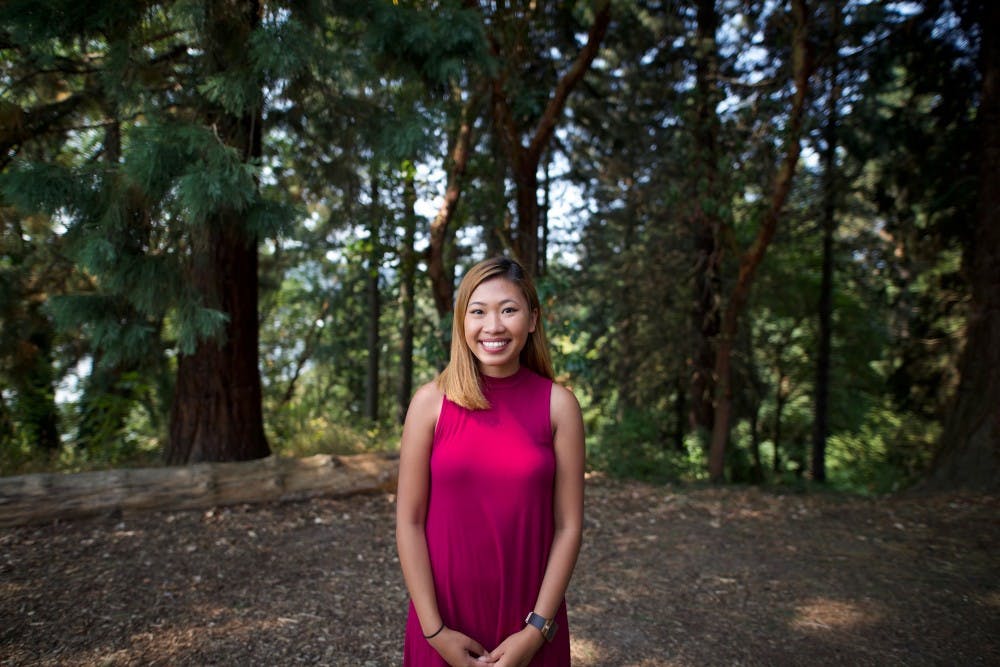Students often feel uneasy when partaking in cultural or racial discussions. But it’s more perturbing for a student of color to be in a room filled with predominantly white peers while discussing racial and diversity issues. It’s okay if you feel discomfort.
Many of you may have heard stories of students of color feeling as if they don’t belong in predominantly white institutions, such as the University of Portland. Well, I can affirm that they are telling the truth. We must continue these dialogues and conversations to educate and spread awareness about the experiences of students of color in higher institutions.
From my experience, there are times when students of color feel their voices are overpowered by their white peers. At times in class discussions about race and cultural identity, I want to speak up, but the environment often makes it impossible for me to share my story. I can feel the pressure and judgment before I even say something.
Usually, I catch the eyes of the other students of color in class who I know are feeling the same discomfort as me. It’s unsettling.
The University of Portland offers various resources that can help navigate these discussions. Yuri Hernández Osorio, UP’s new Diversity and Inclusion Program coordinator, is an incredible resource for students. Additionally, there are tons of multicultural clubs on campus that can give students of color the support they need. I found my support system with the Filipino-American Student Association.
On one hand, as a student of color, you must speak up and initiate the discussion based on your own first-hand experiences. On the other hand, if you don’t identify as a student of color, listen to other students of color speak about their experiences and ask questions. Do not bury their voices. Instead, uplift those voices and channel inspiration and empowerment.
I remember my freshman orientation, and attending my freshman workshop for communication studies. I noticed that the people in my workshop group were different. It wasn’t just because I was the darkest one there, but also because of the way they talked, acted and interacted with each other. I felt isolated, while the confident others talked to people who seemed similar to them with no worry that they would say the wrong thing and be judged.
But it’s okay, because these experiences are what made me overcome the microaggressions that constantly pour down on students of color, like me. Most days, I have to suck it up.
Discomfort symbolizes progress in educating others and hope that one day conversations about race in the American system would be normalized — and hopefully, racism and other -isms would finally be dismantled.
To my white peers, use your power to uplift the unheard voices and help improve the future generation in every political, social, cultural and educational aspect. It is important, in our current political climate, for students of color to rise up and educate others. The best feeling is when we exceed and overcome the low expectations that emerge from the dominant culture.
If you don’t identify as a person of color, it’s okay to feel uncomfortable in these discussions. Remember that you are expanding your knowledge and changing your perspective by popping your old bubble and seeing things from critical and racial lenses. Speak up, empower and educate others. Talks of the racial and cultural reality in the United States are supposed to make you feel uncomfortable, and if you feel otherwise, then there must be something wrong.
Rachel Ramirez is a senior reporter and multimedia producer for The Beacon. She can be reached at ramirezr18@up.edu









